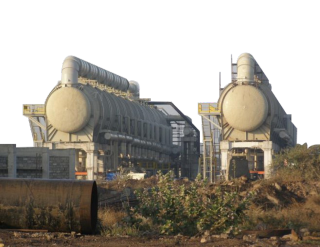
What is Thermal Desalination and how does it work?
Thermal desalination is a reliable technology that utilises heat to evaporate water or other liquids, mirroring the natural process of water cycling through evaporation and condensation.
MVC (mechanical vapour compression) and MED (multi-effect distillation) are two main types of thermal desalination processes:
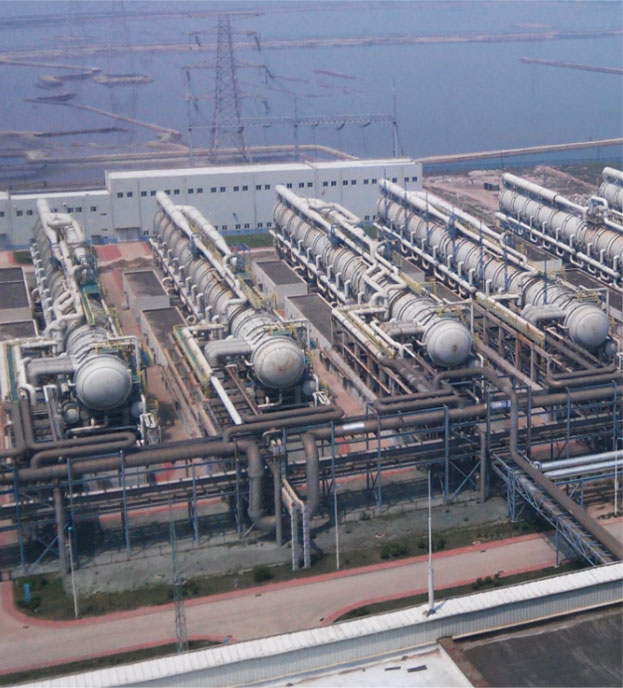
The Difference Between MED and MVC
Both MED and MVC technologies are based on horizontal falling-film tube and shell evaporators operating at a maximum temperature of around 70 degrees Celsius
In MED (multi-effect distillation) and MED-TVC (multi-effect distillation with Thermal Vapor Compression), water is evaporated in successive stages (or ‘effects’), each at a lower temperature to reduce the amount of energy needed, with the evaporation/condensation process delivering distilled water. This process is the most energy-efficient of the thermal processes, minimising the need for pretreatment and tolerating variations in the quality of the feedwater. MED is highly reliable, simple to operate, and has low maintenance costs. Nearly any heat source can be used, so it’s very adaptable.
In MVC (mechanical vapour compression), when heat is delivered by compressed vapour, water evaporates and is collected while the heat is recycled back to the remaining feed water. Vapour compression is usually performed by mechanical means, typically electrically driven (Mechanical Vapour Compression). This is also very reliable and simple to operate.

IDE’S UNIQUE MED & MVC SOLUTIONS FOR DESALINATION
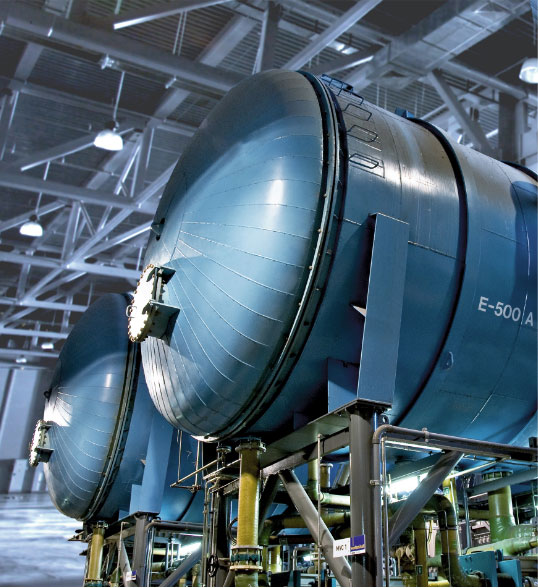
Cost-effective, standalone MVC solutions
After pioneering thermal desalination for five decades, IDE is the industry’s most experienced MVC provider.
IDE’s self-contained MVC units are a reliable thermal desalination solution for refineries, process industries and power plants, suitable when distilled water is required for industrial processes and as part of a ZLD application . Dozens of industrial companies with a critical need for stable and reliable sources of process and boiler feed water have deployed the MVC as an affordable, low-maintenance thermal solution.
IDE’s MVC units range in capacity from 250 to 3,000 m3/day (the highest capacity in the market) and can be deployed in parallel to multiply production.
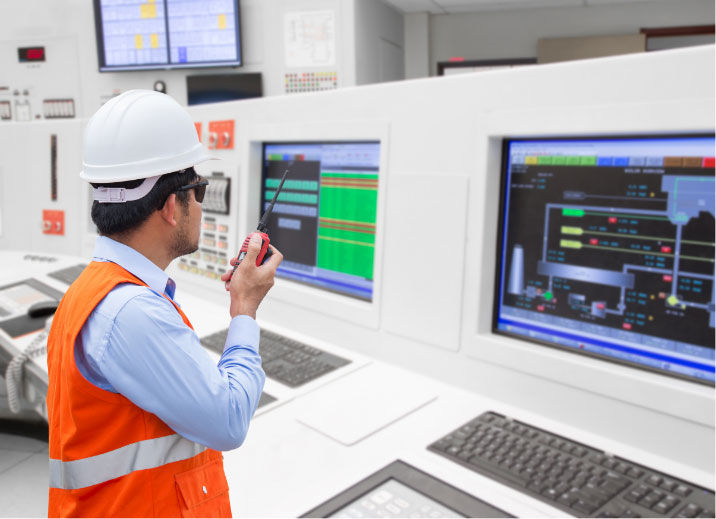

MVC- The workhorse of industrial seawater desalination
IDE’s MVC concept is based on a highly efficient horizontal ‘falling film’ evaporator, with an innovative application of the heat pump principle. This allows each MVC unit to create a continuous flow of distilled water (0.2 – 2 ppm TDS). Throughout the process, energy is recirculated making the entire process highly efficient.
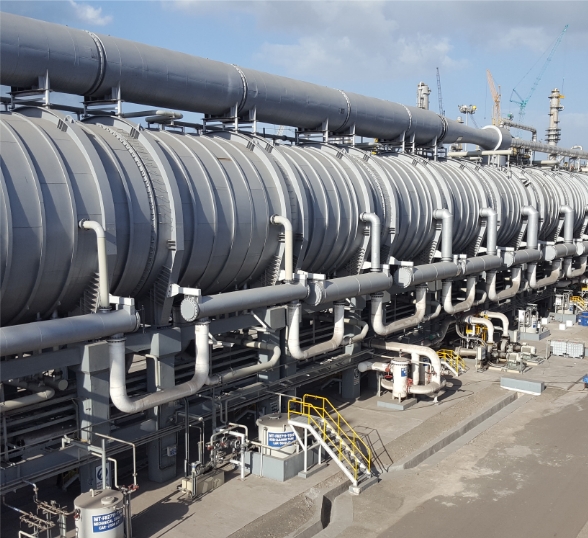
Efficient MED
With nearly five decades of pioneering work in thermal desalination, IDE stands as the industry’s most seasoned provider, contributing the majority of its cutting-edge technologies
IDE’s MED units are the industry’s most reliable and robust desalination solutions, with capacities ranging from 600 to 25,000 m3/day per unit.
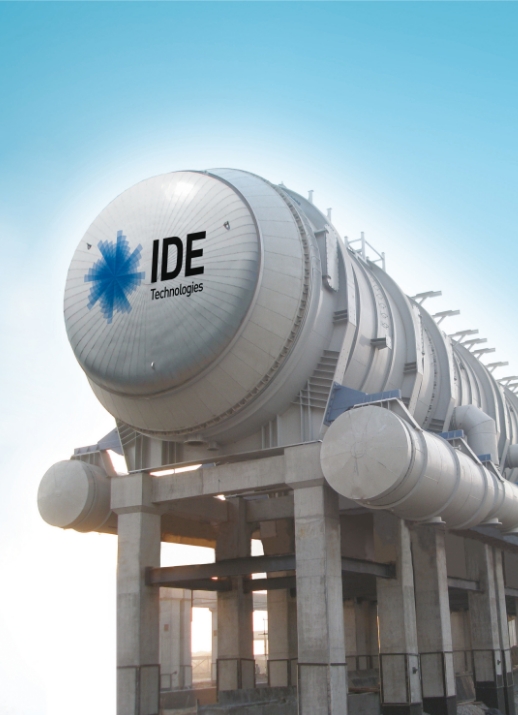

The world's most reliable desalination technology
The MED units is based on the same horizontal ‘falling film’ evaporator and utilise the thermal desalination technologies and know-how developed by IDE to achieve exceptional thermal efficiency and reliability. The underlying concept is a multi-effect process in which seawater is repeatedly evaporated and then condensated in the following stage , each stage at a lower temperature and pressure. This highly efficient process multiplies the quantity of distilled water that can be produced using a given quantity of energy, resulting in a significant reduction in cost.
Additional Solutions
All solutions

Some of our notable thermal desalination projects
-
Tianjin Desalination Plant (China)
Desalination, Multi-Effect Distillation, EP
Read more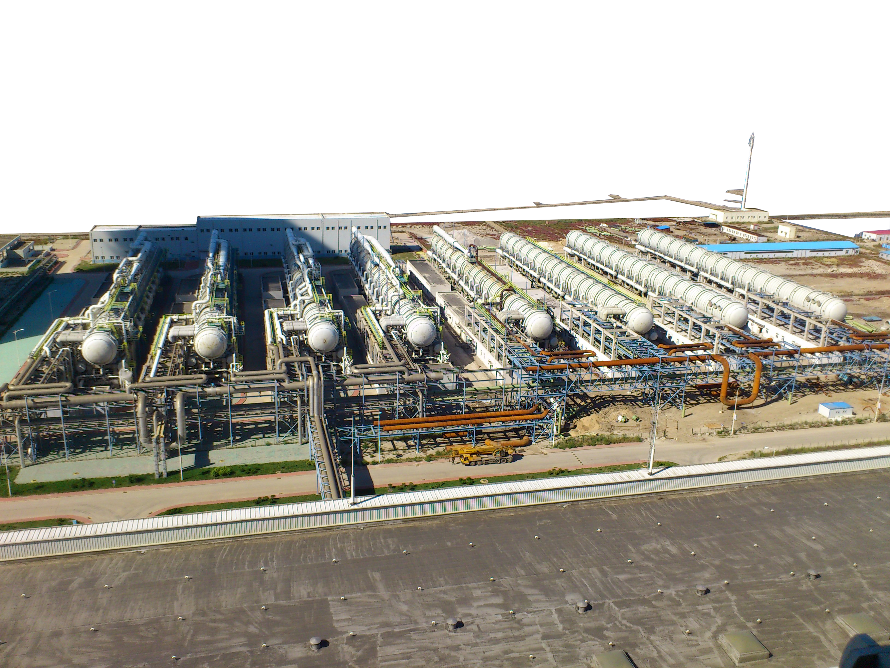
-
Sarlux Desalination Plant (Italy)
Desalination, MVC, EPC, Oil & Gas, IWT
Read more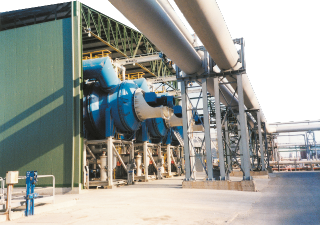
-
Gujarat Reliance Desalination Plant (India)
Desalination, MED, Oil Industry
Read more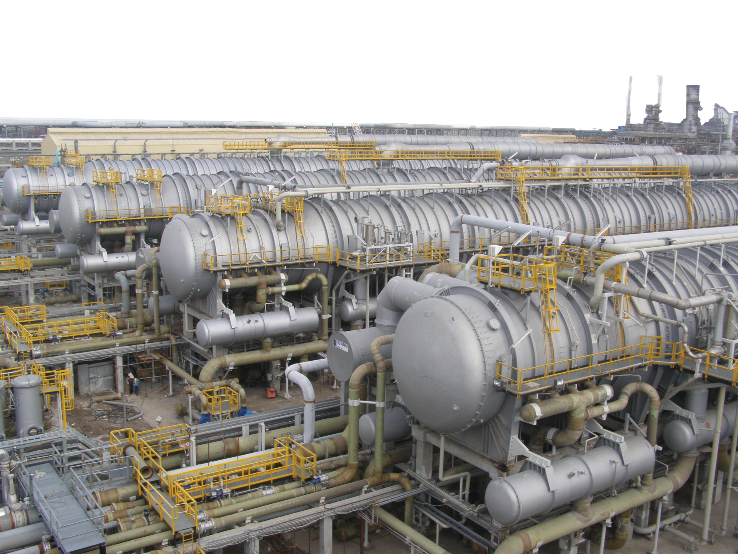
-
Gujarat Essar Desalination Plant (India)
Desalination, MED, EPC, Refineries
Read more